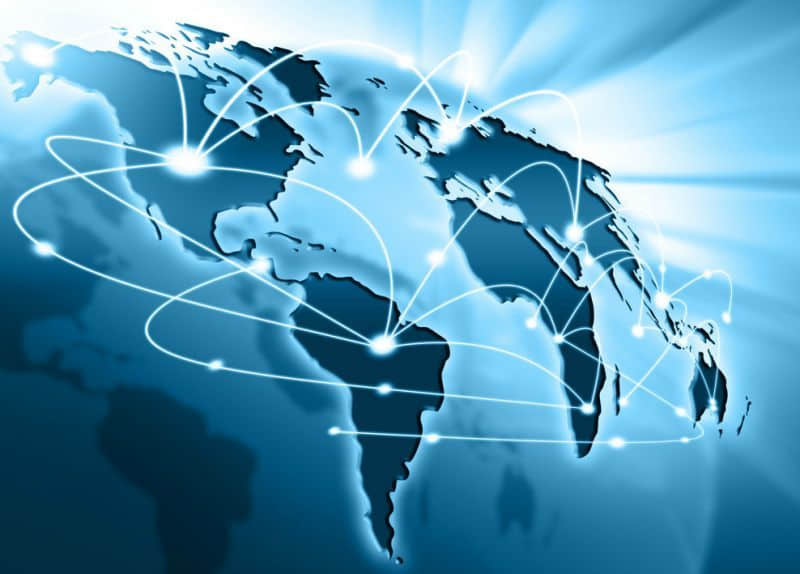From the perspective of economics, compared with traditional international trade, online trade has the following characteristics. 1、 More "complete" information and more cooperation opportunities
1、 More "complete" information and more cooperation opportunities
Because the Internet provides a large amount of information about consumers, which enables manufacturers to better understand the market and customers, not only to obtain more information about consumers, but also to obtain information about potential customers of such products, and to better understand the changes in consumer requirements. In addition, manufacturers can also release product information to more customers through the Internet, In this way, we can expand the scope of the market and better adapt to changes in the market, and consumers can better grasp the information of products and producers. In short, the network makes the information more "complete". In addition, manufacturers can learn more information about production factors such as technology, capital, talents and cooperation projects through the Internet, thus increasing more opportunities for trade cooperation.
2、 Commodity transaction virtualization
The commodity trade conducted through the computer network represented by the Internet, from the beginning of negotiation, signing of contract to ordering, payment, etc., does not need to be conducted in person, but is completed through the computer Internet, and the entire transaction is completely virtual. According to statistics, the world's largest Internet has covered more than 160 countries, connected more than 60000 networks, and end users grow at an annual rate of 16%. It is estimated that there will be more than 1 million networks connected to the Internet in the world in 2000. The future world will be a digital world with full flow of information, as well as a global unified and virtual trading market. For the seller, only a special area should be set up on the Internet. You can display the image, price, usage and trading conditions of the commodity to be sold in the simulation mall. Through browsing, once the buyer finds the desired product and trading partner, he can negotiate, sign a contract, order and pay with them through the Internet. The delivery notice can also be realized through e-mail. Even after casting services and collecting customer tracking information can also be completed through the Internet. In short, the entire transaction is carried out in a virtual scene. But this so-called "virtual" is not nihilistic. Economic activities are actually going on.
3、 Transparent transaction and intense competition
Since online trade is carried out through the telecommunications network represented by the Internet, the entire transaction process of the buyer and the seller from negotiation and signing of the transaction, payment of goods, delivery notice, etc., is displayed on the electronic screen, as transparent as a goldfish bowl. This transparency is not only reflected in the whole transaction, but also in the preparation activities of the buyer and the seller before the transaction, as well as the after-sales activities of the buyer and the seller after the transaction. Therefore, any online user may understand any online transaction process. This transparency of online transactions will certainly make the market competition more intense. In this sense, the development of online trade will be a challenge to commodity production.


